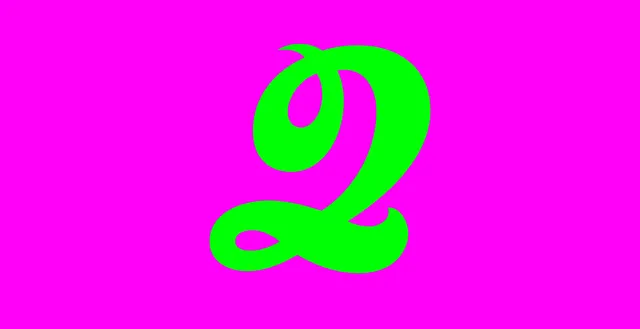haiQu
haiQu began as a solo project, primarily using appropriation (theft, if you prefer). In its infancy, I called it Twitter Haiku. But after the hostile takeover of Twitter by a narcissist, fascist-wannabe man-baby, I abandoned the birdsite for Mastodon, where I continue the practice.

I’ve created a haiku form I’m dubbing haiQu. The Q comes from the surrealist practice known as Cadavre Exquis (Exquisite Corpse.) Why only the Q? I played around with other names such as Haicadavre or XQuizit Haiku and a few others, but opted for the elegant simplicity of haiQu, in a nod to the elegant simplicity of, well, haiku.
dyspraxia brain
the nipple of what’s easy
sweet monkey jesus
Long before surrealists created the Exquisite Corpse method of collaborative drawing, the writing of haiku began as a collaborative practice known as Renga. The first stanza in this collaboratively created series of short linked poems was called a hokku. The hokku was eventually extracted and morphed into what is now known as haiku. This is a microscopically stunted summary, obviously. If you want to know more, go read a few books.
haiQu began as a solo project, primarily using appropriation (theft, if you prefer). In its infancy, I called it Twitter Haiku. But after the hostile takeover of Twitter by a narcissist, fascist-wannabe man-baby, I abandoned the birdsite for Mastodon, where I continue the practice.
(I haven’t deleted my content there, so if you search my timeline for #TwitterHaiku, you will see examples of the form.)
paramecium saints
embrace of boomer metal
gaslight trend
I briefly considered calling it Mastodon Haiku, but that’s one syllable too many. Other rejected names include Mastoku, Haitoot, and Haiku Flarf. In fact, it was just a few minutes ago, as I was beginning to write this, that I settled on haiQu.
What is it, though?
From a language perspective, Twitter was a very weird space. The strict limits on character counts (maximum of 280) resulted in a lot of people taking liberties with their use of English. Also, as public as Twitter appeared to be, it was comprised of thousands of micro-communities, many of whom use internal slang or acronyms. Many times, while just browsing my timeline, I would see unusual phrases:
haunted by orbs, sushi terrorism, ocean nerd, dragon cock dildo, stochastic parrots, GPS-wearing opossums, hormones pipeline, non-binary umbrellas, a dazzle of zebras…
This isn’t surprising. The Twitter timeline looks like what you’d get if you transcribed thousands of real-time conversations into a single, overlapping thread. It’s unnerving and intimidating, and it can take a long time to figure out how to make sense of any of it. Most people don’t. Twitter, despite having a huge impact on our culture, was always one of the smallest of all social media networks. Sadly, it’s on a death spiral and I doubt there will ever be anything like it again.
As a poet who likes to appropriate material, Twitter is a treasure trove. I have always appropriated language. I collect quotes, phrases, aphorisms, names, and just words so that I can repurpose them in some fashion in my work.
Fuck me. I’m supposed to be writing about haiQu, but I’m stuck on Twitter. It’s hard to let it go. Back to the point.
Put simply, every time I come across an interesting phrase, I put it on a list. To compose haiqu, I take three random distinct phrases from the list and put them together so they resemble a traditional haiku in form, even if not in content. Haiku has a lot of rules and conventions and I ignore all of them when composing haiQu. I aim for a semantically interesting arrangement of words and alliteration that results in a surrealistic micro-poem.
lesbian vampire nun
egg laying
blood on the dew
I’ve been saying I choose three random lines, but that’s not accurate. It’s more like curation than random sampling. I choose each phrase due to some specific quality it has and I spend a lot of time matching phrases to each other. So, no, not random at all. I’ll stop saying that.
I didn’t give this nearly as much energy or thought when I began as I’m stumbling through now. It was just a lark.
What’s to come of it? Maybe nothing. But I’m going to continue to write haiQu, and maybe refine it. I’d love to see other people take up the practice. A logical next step would be to create haiQu collaboratively, with each contributor drawing from their own obscure lists.
I don’t plan to bring this back to Twitter, so, for me, it’s going to be an ongoing Mastodon practice. Come join me.


